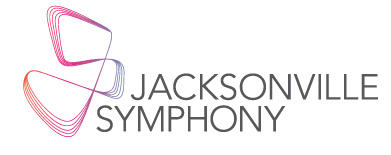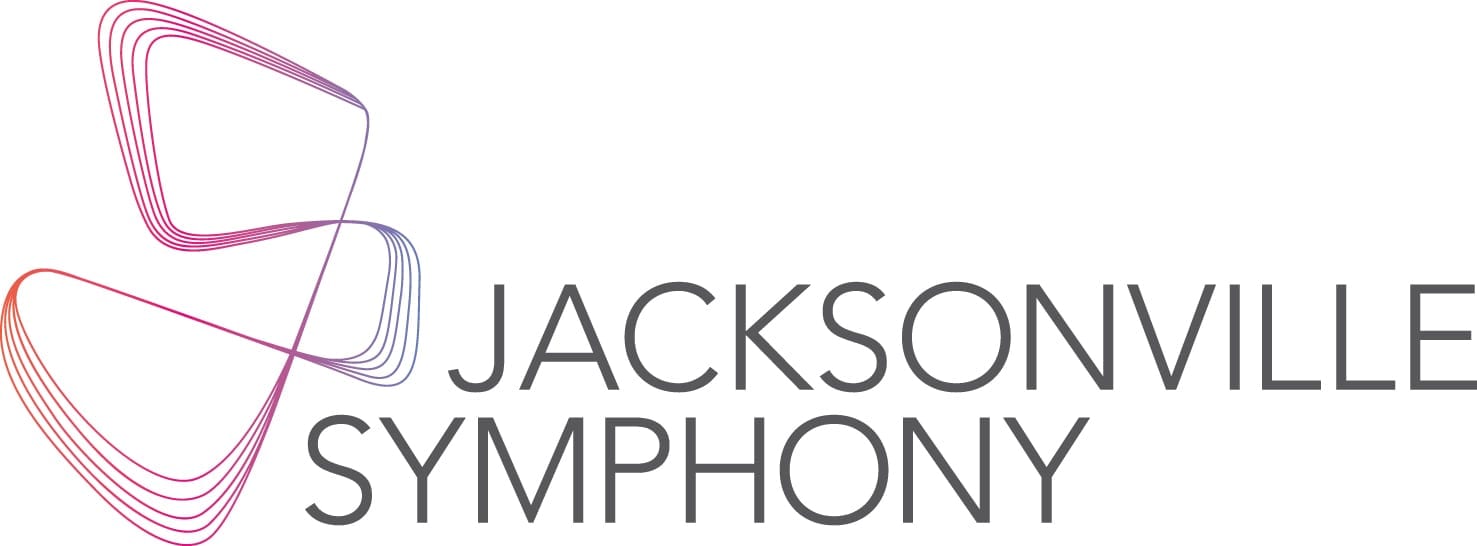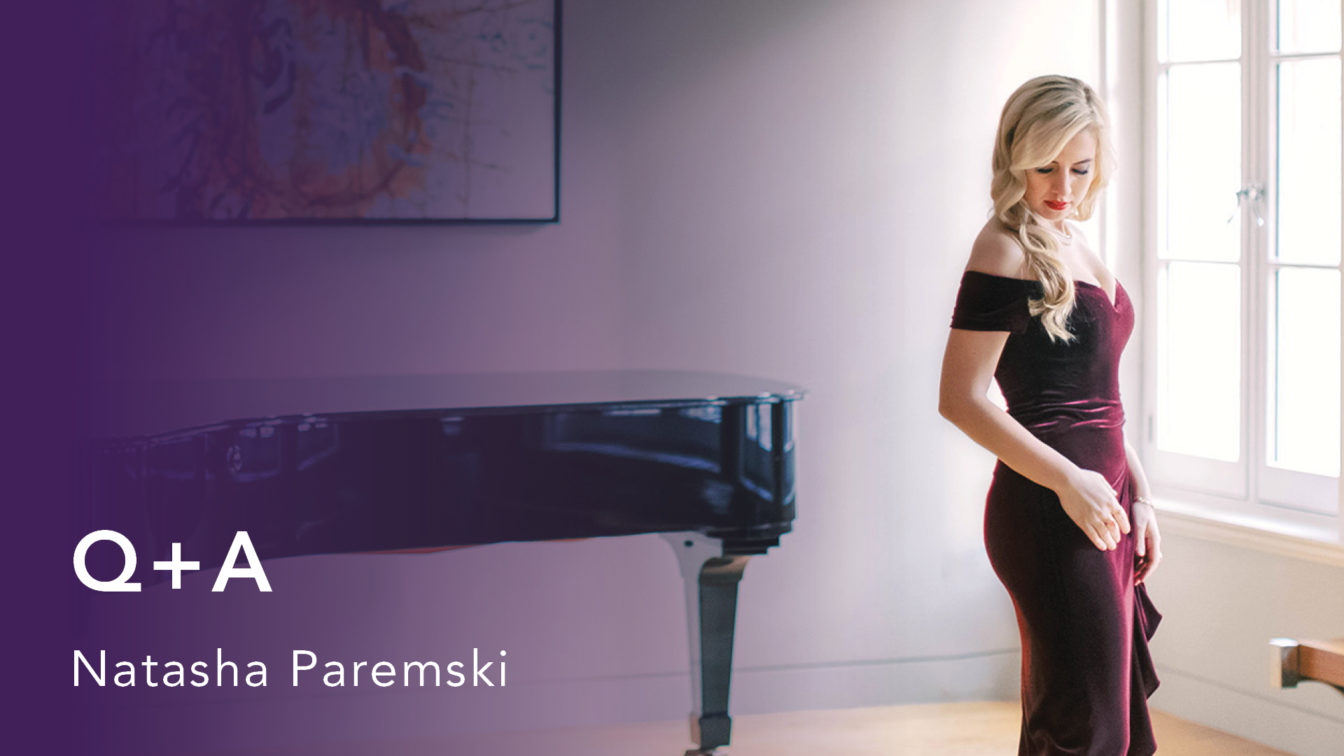Last year, you joined Vice President & Artistic Administrator Tony Nickle, Music Director Courtney Lewis and President and CEO Steven B. Libman in New York to select the David M. Hicks Steinway Grand Piano. How do you feel about returning to the Jacksonville Symphony and performing on the piano?
“I am very excited to return and hear the David M. Hicks Steinway Grand Piano resonate throughout the beautiful Jacoby Symphony Hall. It was a great and actually very funny experience getting to help select the piano. That day, I went into the room to play it, and before the others walked into the room, I already knew this would be the Steinway for the Jacksonville Symphony. It had all of the colors, textures and a full range of capabilities needed for such a powerful instrument. It is a huge responsibility to choose a piano for an orchestra because you are not just choosing it for yourself, but for other artists who will come and perform on it. With that in mind, I wanted to choose a Steinway suited for others to express their individuality. I cannot wait to return and hear its sound again.”
What emotions and unique elements can we expect to hear in the repertoire you will be performing?
“I am performing Sergei Rachmaninoff’s Rhapsody on a Theme of Paganini, Op. 43, and I think that even for people who are not familiar with classical music, this is a complete showstopper. If a listener doesn’t know what to expect, they will surely get to the 18th variation and think to themselves, “I know this piece.” What’s great about Rachmaninoff’s genius is he creates a completely new melody with a set of variations, which is very difficult to do. I’m not a composer, but I can only imagine how difficult this must be. The genius is in the details and in the simplicity of this unique melody. His piece is a direct reflection of the first four notes of Niccolò Paganini’s original theme, completely revived yet so arresting and lush. What’s also breathtaking about this particular work is that it is his most colorfully orchestrated piano concerto. There is a lot of rich winds, strings, feelings and expressions in only 22 minutes. That is why audiences love it so much. It’s a truly enduring piece.
There is also a very strong American connection within this work as it is one of the first compositions he wrote after coming to America. It’s one of his last works as well. In the 15th variation, you can hear American jazz and something like a trumpet riffing off a theme, but it’s actually the piano. He loved American jazz, and you can hear those unique and distinct influences in this piece.”
What are you most looking forward to for these concerts?
“The personal aspect. The last time I performed with the Jacksonville Symphony, I felt like I was on an entire journey playing Johannes Brahms’ Second Piano Concerto where I found myself around friends, including my dear colleague Courtney Lewis, and was able to make new friends in the Symphony. Getting to reconvene with Courtney, the musicians and the piano itself that I helped choose, which is so rare to say, it’s such a personal experience. And of course, it’s so heartwarming to be back on stage in front of the Jacksonville community.
I learned this piece when I was 11, so it is part of my fabric as an artist. With everybody behind the scenes, on the stage and in the audience, it feels like we are coming together for a great celebration.”
What are your hopes for classical music’s evolution and the perceptions surrounding it?
“Primarily, it’s not the most accessible of art forms. Classical isn’t as prevalent as Pop music or movie soundtracks. It’s a very niche area, and for a long time, many people have seen it as unapproachable. However, what I have loved seeing is a lot of organizations making an effort to leave the concert hall, go into the community and go to people who cannot come to them. That includes Title One schools, and to me, the most important facet of being a musician is enriching the lives of children. Classical music made a huge impact on me as a child growing up in Moscow. The Moscow Philharmonic Orchestra would perform free concerts on a weekly basis and play the great classical hits. When you are that young, your brain is like a sponge. When you hear something like Paganini or Pytor Ilyich Tchaikovsky’s Sixth Symphony, you get to absorb truly beautiful and powerful symphonic art. It plants a seed, and this planting of a seed is what we have to keep doing. A student doesn’t have to become a professional musician, but music can still really change their lives on a mental, emotional and molecular level. Music is a transcendent expression of our souls, and if in the very least we can touch one child or person and give them that experience, it can inspire them to keep listening.
I am also the Artistic Director of the New York Piano Society, a non-profit organization that supports pianists whose professions lie outside of music. We have pianists who are doctors, lawyers, firefighters and come from so many other careers. One of our core initiatives is going to schools in the Triboro area. We recently went to an east Harlem school, and one of our pianists played Tom and Jerry riffs. The kids were jumping up and down, and they were just so excited and responded so beautifully. We got a letter from one of the parents whose daughter wanted to learn the piano. I don’t know what is more meaningful than that. That is what I would like to see in the future. In 15 or 20 years, I would love to see an even stronger desire for people to go to the Symphony. This way, music continues to live on for many generations to come.”
With a busy schedule of performances and projects, what is something coming up that you are particularly excited about?
“I am very excited about the New York Piano Society’s 2023 season. One of our upcoming concerts is at Merkin Concert Hall on January 22nd where we will be presenting Rachmaninoff’s Cello Sonata, and we have several other exciting programs planned for the rest of the season. I program professional guest artists with our non-professional members to push them outside of their comfort zones, and they get so excited. I also coach our members and invite my professional pianist colleagues to offer them guidance and give them different perspectives. For every concert we do, we get more members. I took over as Artistic Director in 2021 after the founder, pianist Elena Leonova, very sadly passed away. Initially, when I first joined, there were only two members left, and now we have over 40 members. This is my project, and I am just as passionate about it as I am performing. Our members inspire me every day and help me become a better musician.


